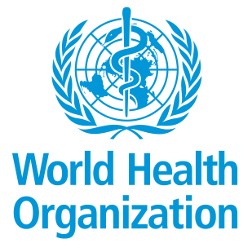By Prof John Coggon, Professor of Law, and Dr Judy Laing, Reader in Law, co-Directors of the Centre for Health, Law and Society (University of Bristol Law School).
 The World Health Organization (WHO) celebrated its 70th anniversary last month, on 7th April 2018, which is World Health Day. The WHO was established in 1948 and one of its founding principles provides that:
The World Health Organization (WHO) celebrated its 70th anniversary last month, on 7th April 2018, which is World Health Day. The WHO was established in 1948 and one of its founding principles provides that:
the enjoyment of the highest attainable standard of health is one of the fundamental rights of every human being without distinction of race, religion, political belief, economic or social condition.
The WHO has achieved a considerable amount in that time by focusing on many of the key challenges to reducing global health inequalities. Some of the most recent challenges faced by the WHO are the rise in drug resistance across the globe, as well as the threat of global pandemics, as witnessed with the Ebola virus outbreak in West Africa in 2014, and the burdens of noncommunicable disease. International organisations such as the WHO have a crucial role to play in tackling these threats to our health fairly and effectively, but it cannot achieve change alone. The WHO must do so in partnership with national governments and other key actors. Within these agendas, there are crucial roles for law and governance as levers to help create the conditions in which people can enjoy good physical and mental health.
One of the world’s leading global health law scholars, and one such key actor and WHO collaborator, Professor Larry Gostin, visited the Centre for Health, Law, and Society (CHLS) at the University of Bristol in April 2018 as a Benjamin Meaker Visiting Professor. He came to talk about his collaborations with the WHO, and to explore some of the key global health challenges with staff and students from across and beyond the university. A key focus throughout his visit was the ways that we can and should link scholarship with activism, policy, and practice: a question at the heart of the mission of CHLS. (more…)
